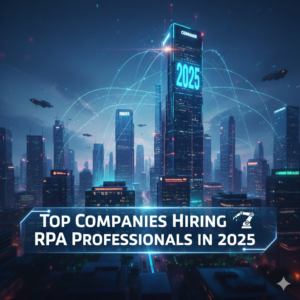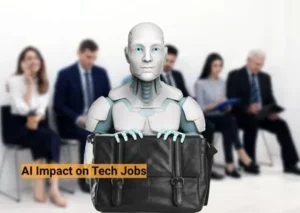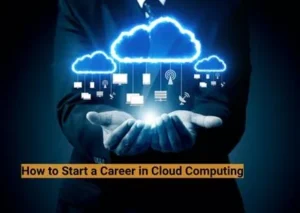How to Switch careers to Data Science from Other Fields
If you’re curious about how to switch careers to data science, you’re not the only one. With the growth of AI, big data, and automation, more people such as marketing, finance, healthcare, teaching, and the arts are looking at data science as an exciting, secure, and financially fruitful career path moving forward. Transitioning from a non-technical profession and unrelated field into data science is entirely possible with the right mindset and approach.
Let’s look at how you can embark upon a career change to data science without prior technical experience or coding skills.
Why Consider a Career in Data Science?
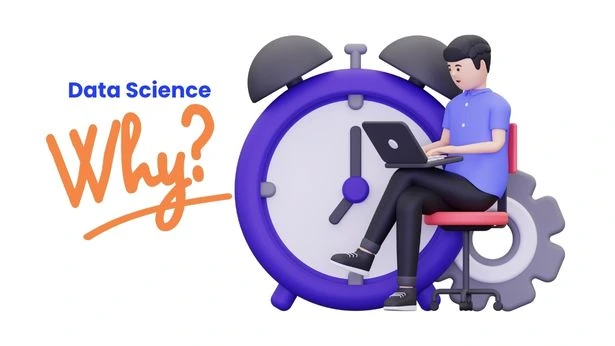
Data science is no longer exclusively in the realm of the big tech companies and software engineers. Non-tech companies from sectors including healthcare, retail, banking, education, logistics, and sports are increasingly using data to make decisions and consequently, entry-level data science career paths are sprouting in all industries.
Here’s why people are making the shift:
- High salaries and job growth.
- Strong demand across fields.
- Interesting working on interesting projects.
- Flexibility (remote work, freelance, consulting).
- Continuous learning and skill building
Step-by-Step Guide to Transition into Data Science
Discover a practical roadmap to transition into data science with no experience, tailored for beginners from any background. Make a confident career change to data science with step-by-step guidance.
1. Evaluate Your Current Abilities: Let’s figure out what you know already. Data science is multidisciplinary (math, statistics, programming, and domain area). You may already have abilities that relate to part or all of these areas.
For instance:
- If you come from finance, you might have experience and skill in financial data analysis.
- If you are a teacher, you probably can problem-solve and present.
- If you are in marketing, you may already implicitly understand user behavior and metrics.
2. Begin Learning the Foundation: If you’re transition into data science with no experience you would need to start learning data science with the basics:
- Math: start with linear algebra, probability, and statistics.
- Programming: You would need to learn either Python or R. Python is the most popular one in the field.
- Data Analysis: Learn how to clean and manipulate data and visualize it with Pandas, NumPy and Matplotlib.
There are beginner-level online courses for data science through sites like Coursera, edX, DataCamp, and YouTube with free and paid options.
3. Pick a Learning Path Based on Your Background: Your transition plan will differ as a result of your past. Here are the key points of becoming a data scientist from a non-tech background:
- Marketing & Sales: Focus on A/B testing, customer segmentation, and digital analytics.
- Finance & Accounting: Focus on forecasting, fraud detection, and financial modeling.
- Healthcare: Focus on data collection, how to analyze medical imaging, and how to model patient data.
- Education & Humanities: Focus on NLP (Natural Language Processing), data storytelling, and teaching data.
This approach allows you to capitalize on your domain knowledge while forming the basis for a technical skill set.
4. Build Real Projects: One of the best ways for you to demonstrate your abilities is to build projects:
- Explore datasets from Kaggle or the UCI Machine Learning Repository.
- Build a dashboard leveraging Tableau or Power BI.
- Use machine learning for predicting trends, customer churn, or for predicting movie ratings.
5. Create a Data Science Portfolio: You will need to include in your portfolio:
- GitHub repository with your code and code documentation.
- Jupyter notebooks with analysis and visualizations.
- Blogs on Medium or a personal website explaining your projects.
- Posts on LinkedIn documenting your work and progress.
A good portfolio is essential if you want to transition into data science with no experience in a formal setting.
6. Connect with the Data Science Community: Connect with data scientists on LinkedIn, attend your local meetups or webinars, and use online forums like Reddit, Stack Overflow, or Data Science Central. The value of mentorship and working with others has the potential to accelerate your learning and give you a boost of confidence.
7. Look into Formal Education or Certifications: If you prefer structured learning or require credentials to support your skillset, look at:
- Online certifications (IBM, Google, HarvardX, etc).
- Postgraduate diploma courses.
- Bootcamps (Springboard, General Assembly, etc).
- Master’s degree (if you seek in-depth academic or research positions).
This assists you in confirming your transition, particularly when changing careers to data science from a completely different background.
8. Gear Up for Entry-Level Jobs: Begin applying for positions like:
- Data Analyst.
- Business Intelligence Analyst.
- Junior Data Scientist.
- Data Engineer (junior).
- Machine Learning Intern.
9. Upskill Continuously: The field of data science keeps changing fast. Once you’re in the industry:
- Stay current with trends and tools such as AI, AutoML, ChatGPT, etc.
- Understand advanced methods (deep learning, big data, NLP).
- Read research papers and participate in data challenges
10. Stay Patient and Persistent: Switching fields isn’t a one-week task. But with consistency, clarity, and hands-on practice, you’ll gain momentum and start seeing progress.
Even if you’re wondering how to become a data scientist from a non-tech background, remember that your diverse experience is often your biggest strength.
Also Read: Data Science vs. Data Analytics: Let’s Clear Up the Confusion
Final Call On Data Science From Other Fields
Entering the field of data science does not necessarily demand a tech degree, years of experience with coding, or a standard computer science-related footing. With the right amount of curiosity, structured learning, and strong portfolio development, transitioning into a career in data science can be done with ease.
So if you are starting out in your career, or in transition as a mid-level career professional, now is the perfect time to pivot and take the plunge. The demand is growing and your old as well as new skills can lead you to an exciting and rewarding career in data science.
Ready to explore the world of data? Start building your skills today, create your portfolio, and join the booming field of data science. Whether you’re from finance, marketing, or teaching, there’s a place for you in this data-driven future. Begin your journey into data science. Your future career is waiting. For guidance and opportunities, connect with trusted data science recruitment partners.
FAQs On Career Change to Data Science
Q1. Can I make a career change to data science with no technical background?
Yes! Numerous successful data scientists have been from non-tech backgrounds such as marketing, education, and finance.
Q2. How long will it take me to break into data science?
It depends, but with daily effort, 6–12 months is a practical timeframe for most newbies.
Q3. Do I need a master’s degree to be employed in data science?
Not necessarily. Some employers prefer practical experience and project exposure over formal education.
Q4. Which language should I learn if I’m a beginner?
Python is the best due to its simplicity and extensive data science libraries.
Q5. Tell me some beginner jobs I can apply for?
Data Analyst, Junior Data Scientist, BI Analyst, or ML Intern are a good place to start.
Q6. How do I get experience with no job?
Construct projects, participate in Kaggle competitions, and display your work on GitHub and Medium.
Q7. Is data science appropriate for part-time students?
Yes! You can learn and develop your abilities while keeping your present job.
Q8. How significant is domain knowledge in data science?
Extremely. It can place you ahead in specialized domains such as finance, healthcare, or retail analytics.
Related Article: Your Guide to Starting a Data Science Career
